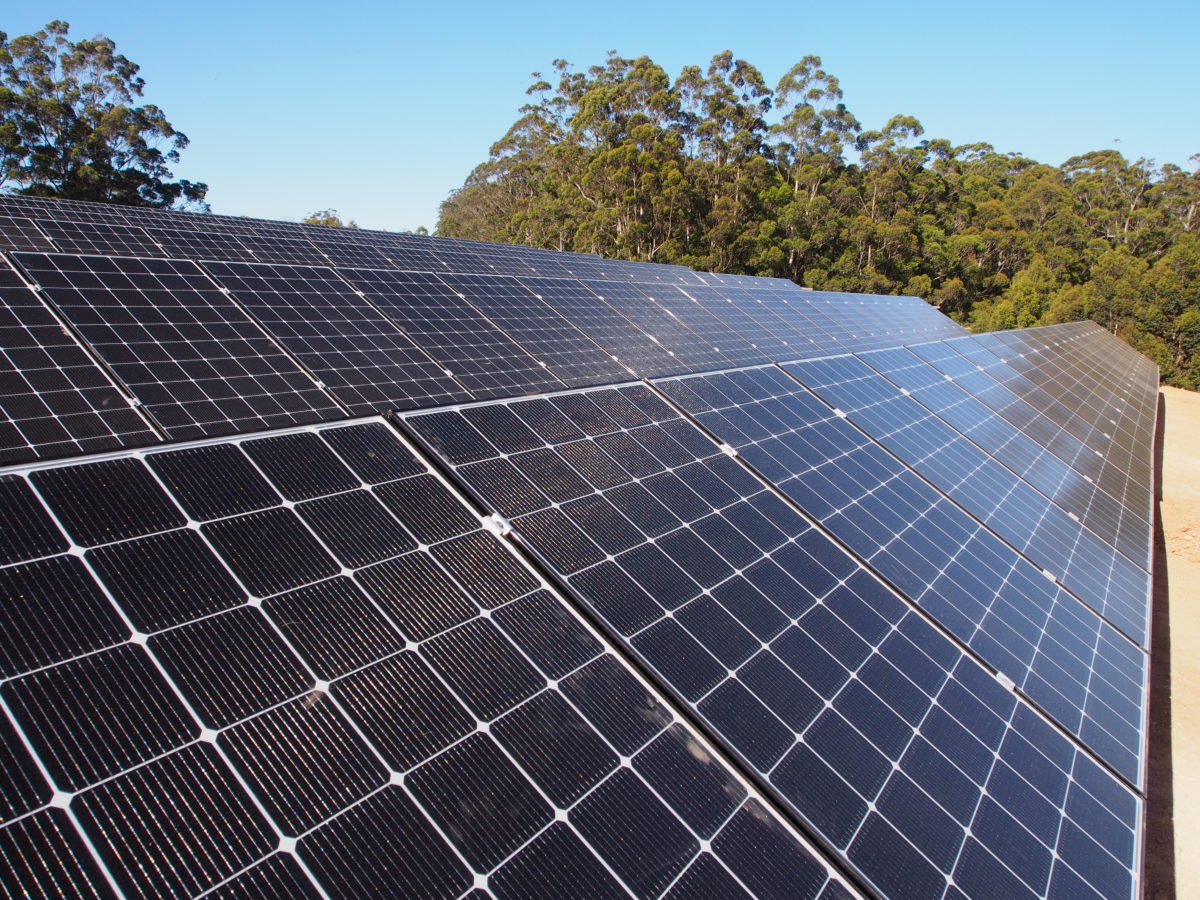Portuguese electric utility, EDP, which is also one of Brazil’s largest power providers, has adopted a new blockchain technology, developed by Austrian company, Riddle&Code, to measure how much power owners of distributed generation PV systems in Brazil self-consume or inject into the grid under net metering.
The technology consists of non-removable cryptographic tags that are applied to traditional domestic meters, and are able to measure the co-consumption of each user and facilitating calculations for charging and taxing. This, according to Riddle&Code, would provide accuracy, transparency and traceability of all data, without the need to install a smart meter.
“The implementation of this innovative solution made it possible to transform a complex process into something simple, effective and safe for the parties involved, encouraging the use of distributed energy in Brazil,” said EDP executive innovation manager, Lívia Brando.
Brazil's distributed generation legislation is open to PV projects up to 5 MW, but only installations not exceeding 1 MW in size are entitled to sell excess power to local power distributors under net metering. In Latin America, two more entities have recently announced plans to use the blockchain technology with regard to solar energy.
Popular content
In Mexico, the Global Grid digital platform, created by the Mexican company Luz Blockchain SAPI de CV and its U.S. subsidiary, Global Grid North America LLC, said in May it wants to help developers of large PV projects in Mexico to raise capital by making a pre-sale of rights over the generated energy generated using smart contracts, and a system of “tokens” based on a blockchain technology protocol.
Earlier in February, meanwhile, the Chilean National Energy Commission announced it will begin using Blockchain technology starting from March, through the Open Energy platform (Energía Abierta), to certify the quality and certainty of the open data from the national energy sector.
This content is protected by copyright and may not be reused. If you want to cooperate with us and would like to reuse some of our content, please contact: editors@pv-magazine.com.



1 comment
By submitting this form you agree to pv magazine using your data for the purposes of publishing your comment.
Your personal data will only be disclosed or otherwise transmitted to third parties for the purposes of spam filtering or if this is necessary for technical maintenance of the website. Any other transfer to third parties will not take place unless this is justified on the basis of applicable data protection regulations or if pv magazine is legally obliged to do so.
You may revoke this consent at any time with effect for the future, in which case your personal data will be deleted immediately. Otherwise, your data will be deleted if pv magazine has processed your request or the purpose of data storage is fulfilled.
Further information on data privacy can be found in our Data Protection Policy.